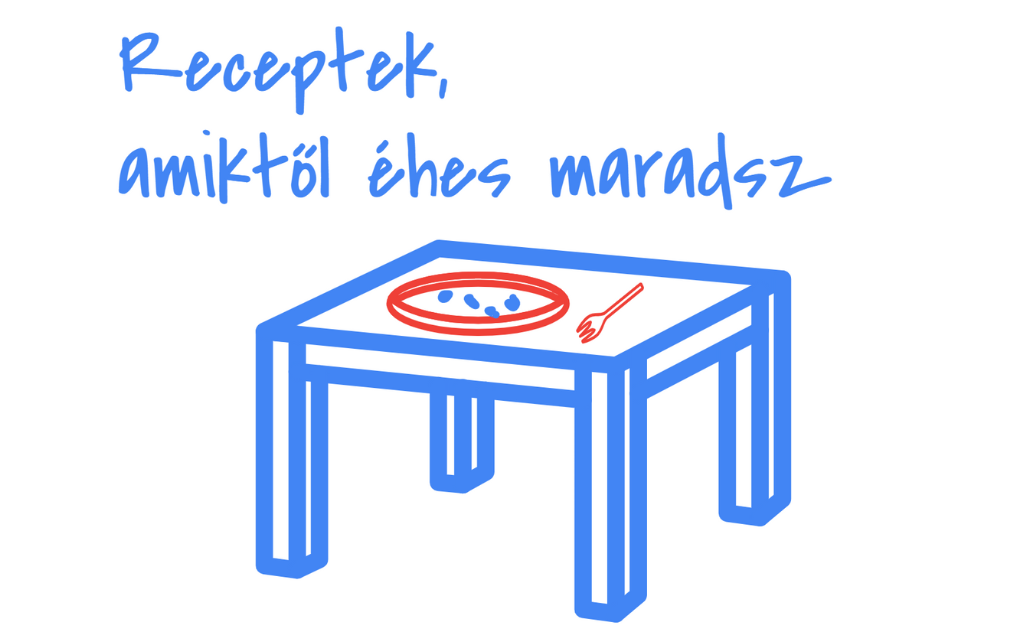Esther has been staring at her plate in the restaurant for 20 minutes. With her fork, she picks at the salad leaves slowly, bored, as if the food hides the answers she is searching for unspoken. His face is still, but his eyes clearly say otherwise.
Gábor puts down his glass, looks at it and asks:
“What’s wrong?”
Esther does not look up:
“Nothing.”
Gábor nods, but he knows this is not true. “Nothing” means nothing. In fact, it means the opposite.
Is there “nothing” in emotions at all?
One day you suddenly feel anxiety. Nothing specific has happened, yet you have this strange, overwhelming feeling in your chest. You can’t put your finger on it, you have no clear reason for it, yet some deep-seated unease creeps into your thoughts.
According to Danish philosopher Søren Kierkegaard, anxiety is not directed towards something external, but arises from our consciousness of our freedom and our choices. The infinity of possibilities both attracts and terrifies us, because we know that all choices are in our hands. According to Kierkegaard, this kind of anxiety is like standing on the edge of a precipice: we look down and fear not only that we will fall, but that we will jump off ourselves.
As I see it, “nothingness” is therefore not a mere emptiness, but a depth of infinite possibilities, which gives both freedom and anxiety. Sometimes we experience feelings that have no tangible cause, yet paralyse us.
The next time you say to someone, “I’m fine”, think about it: is it really nothing, or is this unspeakable “nothing” the greatest feeling you’re experiencing?
Scarcity can also be reality
You come home one night and your apartment is empty. No one’s home, yet you sense that something is different. Maybe it’s the object you left on the table this morning that’s missing, or a familiar sound that’s not there now. Or maybe it’s just a feeling: the absence of something .
This “nothingness” , according to Jean-Paul Sartre , is very much present. InBeingandNothingness, he writes that our consciousness perceives not only what is, but also what is not. Nothingness is not just emptiness. Consciousness actively both perceives and creates nothingness, and ultimately this is what makes it a real experience in our lives.
So we are able to experience “nothing” – whether it is an opportunity we have turned down, a decision we have not made, or someone who is no longer in our lives. In our emotions, all this can manifest in a way that sometimes it’s not what we have that hurts, but what we no longer have – a relationship, a dream, an opportunity we’ve lost.
So when you say “I’m fine”, what you may really be missing is something you can’t put into words.
The difference between Western and Eastern thinking about “nothing”
What about you “nothing”?
I ask because most people are afraid of the idea of “nothing”. Being empty, losing something, letting go of something – these things are scary. Buddhism, on the other hand, takes a completely different view. “Nothing” is not a frightening void, but a natural part of change. While Western thinking holds that our emotions define us, Buddhism holds that our emotions come and go – we are not them. If you accept this, you might cling to them less convulsively.
Repression does not make feelings disappear
How many times have you said the phrase: “I’m fine”? And how many times was it true?
According to Sigmund Freud, repression means that what you don’t want to say doesn’t go away – it just retreats into the unconscious. It’s like hiding it behind a huge theatre curtain: you can’t see it, but it’s still there. Your repressed emotions continue to work in your unconscious, and sometimes they emerge in a different form. In an unwarranted outburst of anger, an unexpected cry, or a suffocating feeling that you’re not well but you don’t know exactly why.
So when you say, “I’m fine”, there may actually be a whole emotional storm raging inside you – just deep in your mind, repressed. And the more you say that sentence, the more you reinforce that repression.
So the real question is not whether there is “nothing” in emotions. It’s what you do with this “nothing”.
Why are we afraid to say what we feel?
“Nothing.” – Esther says, and feels that the word itself is a wall she has built around herself. She doesn’t want to say that she’s disappointed, that she’s hurt. She doesn’t want to say that she feels Gabor is farther away from her tonight than across the table.
But Gábor is not letting it go. He doesn’t get annoyed, he doesn’t say “well, if nothing, then nothing”. Instead, he lowers his voice, leans closer and asks:
“Are you sure?”
This one word sticks in Esther’s mind. For a moment she takes a breath, as if considering whether it is worth opening the gate she was about to keep closed.
Sometimes there is a whole world behind the “nothing”. But that’s all we say, because it’s easier. Because it’s less hassle. Because sometimes we really do think we’ve got it all sorted – if we say “nothing”, we might believe ourselves that there really is nothing. But in reality, “nothing” is never that simple.
But it’s not just women who say nothing. Men do too – just in a different way. Not necessarily because they have nothing to say, but because they don’t know how to say it, or they don’t want to be misunderstood. There can be many reasons behind “nothing”, here are some common situations:
Self-defence: the spoken word has consequences
If Esther says something is bothering her, it becomes a conversation. Maybe even an argument. Maybe a misunderstanding. And maybe an answer she doesn’t want to hear. So she prefers to say nothing – because that way she doesn’t have to say what she really feels. But leaving it unsaid doesn’t make it go away.
Shame: it’s hard to admit that something hurts
Not all feelings are easy to take on. Disappointment, jealousy, resentment are emotions we don’t like to admit to others – and sometimes even to ourselves.
Shame is not always about what we have done. Sometimes it’s about what we feel – and that we feel anything at all.
“I need time to understand how I feel.”
The man had a terrible day. His boss had him down, his project was stalled, someone had crossed him.
He’s going home. He lies down on the couch.
His partner looks at him, “What’s wrong?“
He says, “Nothing.”
In fact, he has a lot on his mind. But his feelings are still confused. You have to sort yourself out before you can talk about it.
“I don’t want to look weak.”
A man loses his job. For days he tries to stay calm, rationalize the situation.
His partner can tell something is wrong.
She asks, “Is everything okay?“
He says: “Sure. No problem.”
Because you don’t want to look weak. Because he’s learned that a man doesn’t fall apart – he works it out.
Habit: “nothing” is sometimes an automatic response
We have said it too many times. It’s become a reflex.
They ask, “What’s wrong?“
You say, “Nothing.“
The conversation ends and everything stays the same.
This is the quickest response, the simplest reaction. We’re used to it working that way. Most people don’t know what to do with complicated emotions – one word, one shrug and it’s over.
But if you always say nothing, how will you know when there’s really a problem?
Too much “nothing” in your relationship?
If “nothing” becomes the basis of communication, after a while there is nothing left to say.
At first, only the occasional “nothing” sneaks into the conversation.
Then we ask fewer and fewer questions.
After a while, we stop trying.
And eventually… the conversations stop.
And eventually… eventually there’s no one to ask what’s wrong.
Relationships are not destroyed by big fights. It’s the unspoken words. The missed conversations. Saying “nothing” too many times.
What would happen if next time you didn’t say “nothing”?
Want to know? Try it.
The next time someone important to you asks “What’s wrong?”, there will be a moment when you can decide.
And the question is not whether there’s really anything wrong with you.
It’s whether you’re ready to say something.







